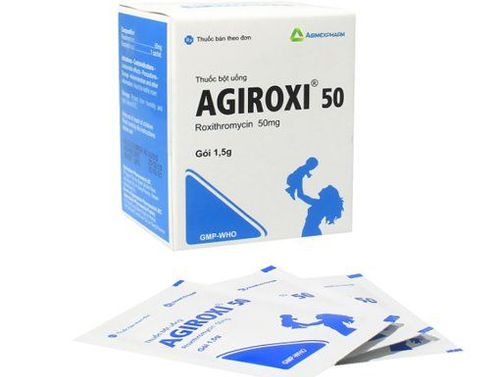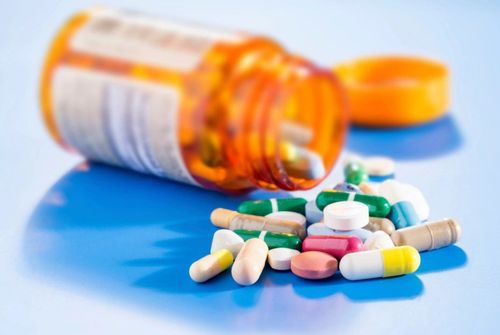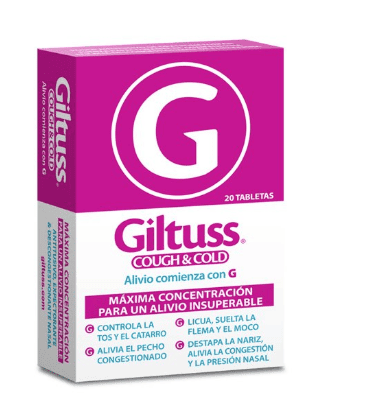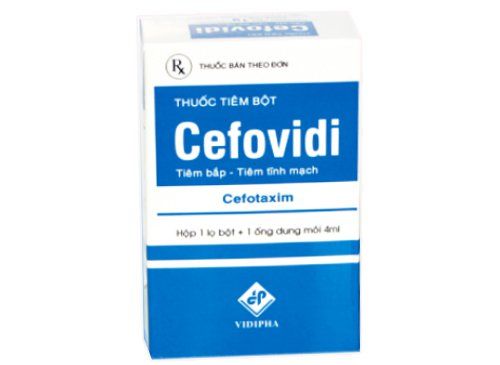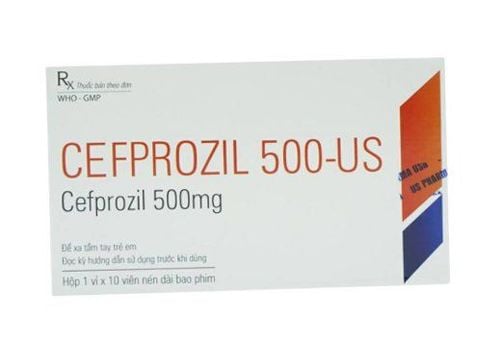This is an automatically translated article.
Pragati has the main ingredient in the cephalosporin group of antibiotics, used in the treatment of a variety of bacterial infections such as pneumonia, strep throat, otitis media, soft tissue infections, and respiratory tract infections. .1. Effects of the drug Pragati
Pragati has the main ingredient Cefdinir with a concentration of 250mg, which belongs to the group of drugs used to treat parasites, anti-infectives, antivirals and antifungals. Pragati is indicated for use in the treatment of diseases such as:Treatment of diseases associated with upper and lower respiratory infections. Treatment of cystitis and pyelonephritis and pyelonephritis Acute maxillary sinusitis caused by susceptible strains of Streptococcus pneumoniae Exacerbation of chronic bronchitis caused by Moraxella catarrhalis Treatment of metritis, uterine adnexitis Bartholin gland inflammation. Folliculitis, sweat gland inflammation, chronic pyoderma, vasculitis or lymphadenitis, furunculosis, impetigo, folliculitis, macular degeneration, periostitis, subcutaneous abscess, infectious atherosclerosis coincide. Cefdinir is indicated for the treatment of acute bacterial otitis media, acute maxillary sinusitis, and community-acquired pneumonia. Treatment of infections caused by susceptible strains of bacteria such as Staphylococcus sp, Streptococcus sp, Streptococcus pneumoniae, Peptostreptococcus sp, Propionibacterium sp, Neisseria gonorrhea, Branhamella catarrhatis. Tonsillitis and pharyngitis caused by strains of Streptococcus pyogenes Treatment of uncomplicated skin and skin structure infections caused by Staphylococcus aureus and Streptococcus pyogenes
2. Dosage and how to use Pragati
Usage : Pragati is prepared in the form of powder for suspension and used orally. Because the absorption of the drug into the body is not affected by the amount of food in the stomach, the patient can take the drug before or after a meal.
Dosage:
The dose of the drug is not fixed but will depend on the condition of the disease, the ability to absorb the drug of each patient's body. Therefore, the dosage below is for reference only. Patients should follow the doctor's orders.
For adults and adolescents 13 years of age and older: The usual dose is 300 mg orally every 12 hours. For bronchitis with a bacterial infection, an infection of the throat or tonsils (streptococcal pharyngitis), or a sinus infection (sinusitis), you can take 600 mg once daily.
Children from 6 months to 12 years: Take 7 mg/kg body weight every 12 hours. Children with ear infections (otitis media), throat or tonsil infections (granulomatous pharyngitis) or sinus infections (sinusitis) may receive a dose of 14 mg/kg body weight/day.
Contraindications:
Do not use in cases where the patient is allergic to Cefdinir or is hypersensitive to any of its ingredients.
3. Side effects of Pragati
Along with the necessary effects, the medicine can cause some unwanted effects including:
Common reactions such as diarrhea, infection or vaginitis, nausea, headache and abdominal pain Reactions Rarely, such as difficulty breathing, sore throat, sores, sores or white spots on the lips or in the mouth, unusual bleeding or bruising, unusual tiredness or weakness. Unreported rates of drug reactions such as stomach cramps or back pain, leg or stomach pain, bleeding gums, blistering, peeling or peeling skin, bloating, bloody or cloudy urine , blue lips, fingernails or skin, bruising, chest pain, dizziness, fast pulse, arthritis, irregular, fast or slow or shallow breathing, muscle cramps or spasms, muscle pain or stiffness.
4. Be careful when using Pragati
If you have a history of allergic reactions to penicillin or cephalosporin antibiotics, such as difficulty breathing or swelling of the face and neck, tell your doctor before taking this medicine.
Taking antibiotics such as cefdinir may increase the likelihood of a bacterial gastrointestinal infection with severe diarrhea. This symptom can occur 2 months after the patient takes antibiotics. If the patient has severe and persistent diarrhea, they should inform the doctor about their condition.
History of kidney problems: Having kidney problems increases the chance of cefdinir building up in the body and leading to other serious problems. Therefore, it is necessary to adjust the dose for these patients.
Avoid polyvalent ions. Do not take products containing aluminum, magnesium, or iron within 2 hours before or after taking this medicine.
Aluminum or magnesium antacids (such as Maalox) and iron supplements (including iron multivitamins) may prevent absorption of cefdinir. Therefore, do not take these products within 2 hours of taking cefdinir.
Store the suspension in the refrigerator and shake well before use. Using old, expired antibiotics can lead to antibiotic resistance and the development of other infections.
Patients should only take cefdinir when they have a bacterial infection. Using cefdinir or other antibiotics when they are not needed can lead to resistant bacteria that are more difficult to treat.
Care should be taken in cases where patients have a history or family history of allergies when using the drug with symptoms such as urticaria, rash, bronchial asthma. Use with caution in patients with severe renal impairment, the elderly, and those who are having problems with body weakness.
Pregnant women: There are no studies demonstrating the safety of the drug in pregnant women. Therefore, caution should be exercised when using the drug in women who are pregnant or suspected of being pregnant. Before taking the drug, it is necessary to weigh the benefits and side effects of the drug.
5. Pragati drug interactions
Cefdinir may interact with certain medications or supplements. In order to avoid interactions, affecting the effectiveness of the drug as well as causing adverse reactions to the patient's health, patients should tell their doctor about all other drugs or supplements. (including prescription and over-the-counter medicines, vitamins and supplements or herbs) that you are taking. Here are some drugs that can cause interactions when taken with Pragati, including:
Acemetacin, Abacavir, Aceclofenac: Cefdinir may decrease the rate of excretion of these drugs, which may lead to higher serum concentrations of the drug. Abciximab: The therapeutic efficacy of Abciximab may be reduced when used in combination with Cefdinir. Acenocoumarol: The risk or severity of bleeding may be increased when Cefdinir is combined with Acenocoumarol. Acetazolamide: Acetazolamide may increase the rate of excretion of Cefdinir, may decrease serum drug concentrations and potentially decrease its effectiveness. Acetylsalicylic acid: The excretion of Cefdinir may be reduced when co-administered with Acetylsalicylic acid. in combination with Alprostadil. Aluminum hydroxide: The therapeutic efficacy of Cefdinir may be reduced when used in combination with Aluminum hydroxide. Amiloride: Amiloride may increase the rate of excretion of Cefdinir, which may decrease serum drug concentrations and potentially decrease efficacy. Above are the important uses of Pragati, patients should carefully read the instructions for use before using to get the best treatment results.




